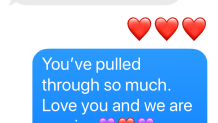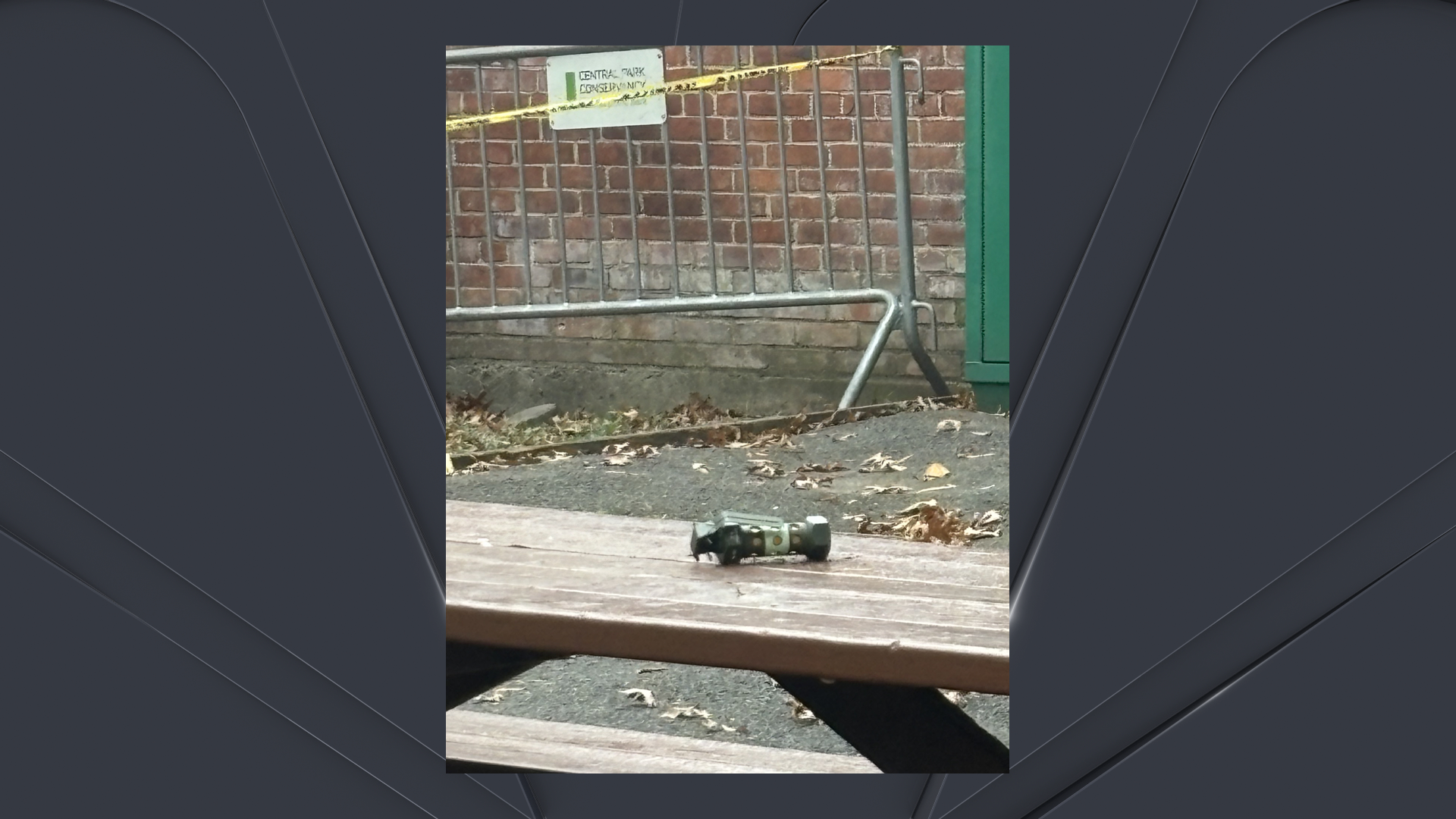What to Know
- The sister of Kious Jordan Kelly says she wants to remember her brother, the first health care worker to die from COVID-19 in New York City, as a 'servant leader'
- Kelly, a nurse manager at Mount Sinai West, died last week
- His final text with his sister
The sister of a New York City health care worker who died from COVID-19 last month says she wants him remembered as a "servant leader."
Speaking on MSNBC on Friday, Marya Sherron added that she and her family want to continue to fight for health care workers in New York City in the name of her brother, Kious Jordan Kelly.
"I’m energized and determined to continue to fight for our health care workers and those on the frontline, that we finish right," she said.
Kelly, a nursing manager at Mount Sinai West in Manhattan, was the first New York City health care worker to die from the coronavirus; he was hospitalized on March 17 and died a week later. His heartbreaking final messages to Sherron - writing "I can't breathe" gained widespread media attention.
"He said he was gonna go back to sleep, and sent me the hearts emoji on his back, and that was the last that I would hear of my brother," she said.

More than a week after that message was sent, Sherron told MSNBC's Ayman Mohyeldin she and her parents were still waiting to receive Kelly's body in Michigan.
Local
She said that Gov. Andrew Cuomo personally called their parents to offer help. A flight was supposed to return Kelly to Michigan on Thursday; now they're sending a car to pick him.
"We are just taking care of things ourselves," she added.
Sherron has said that she believes that Kelly contracted COVID-19 because there wasn't enough personal protective equipment in his hospital unit. She added on Friday that she wanted to continue fighting to make sure health care workers have what they need.
She closed by telling Mohyeldin that her brother's legacy is the "beautiful heart that he was."
"His face will be known as the first health care provider in New York, but his legacy is, was his servant leadership," she said. "That’s his legacy. His legacy is that he served his patients and protected his unit the best that he could."



